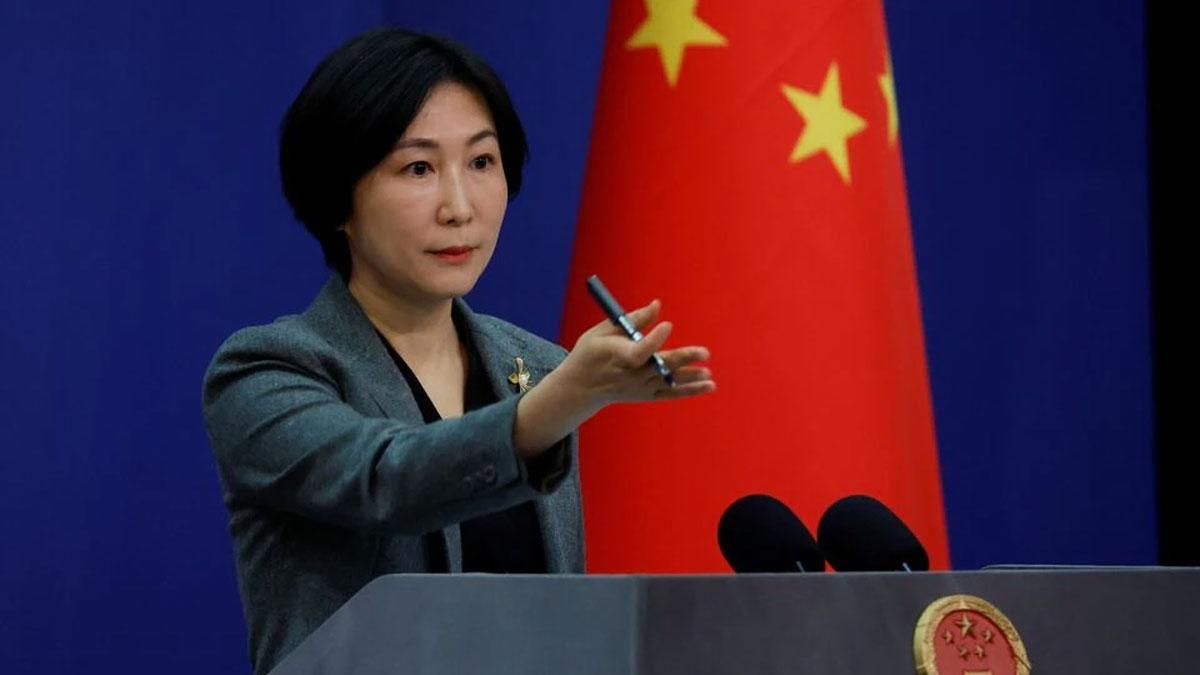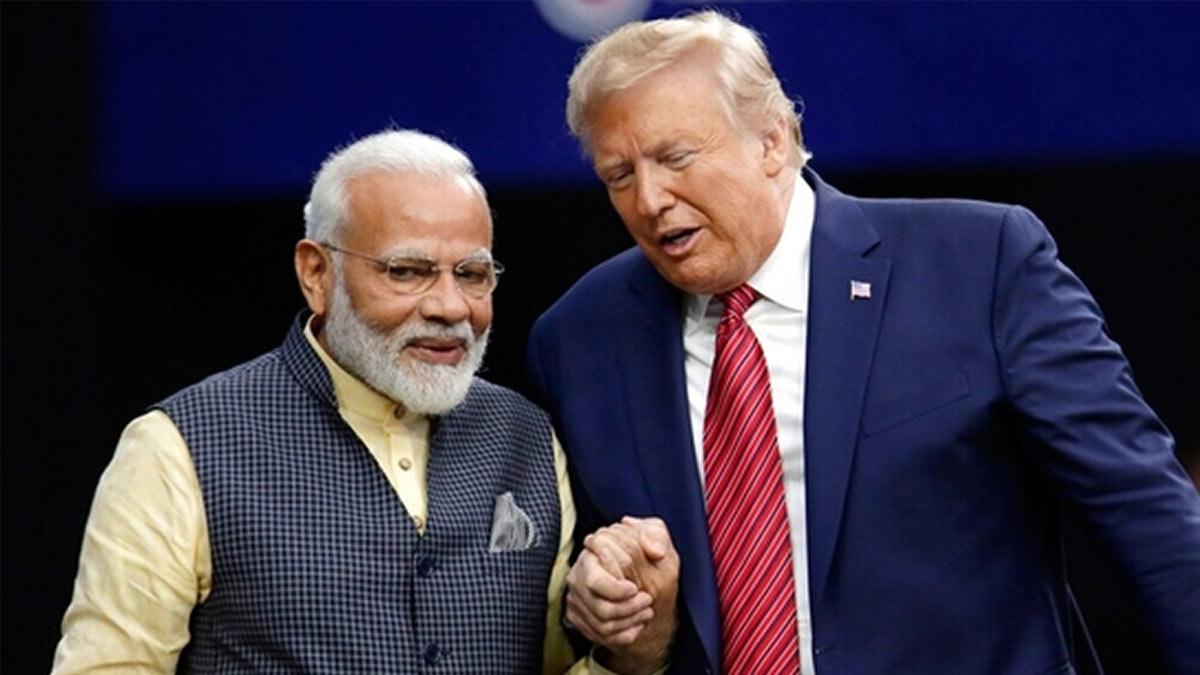China firmly stated its opposition to any attempts by the Biden administration to intertwine the AUKUS pact with the Taiwan issue, asserting that such actions could heighten nuclear proliferation and escalate the arms race in the Asia-Pacific region.
In response to reports quoting remarks by US Deputy Secretary of State Kurt Campbell, who suggested linking the AUKUS pact to Taiwan to deter potential Chinese aggression, Chinese Foreign Ministry spokesperson Mao Ning emphasized during a media briefing that such statements from the American official are incendiary and harbor malicious intent.
Mao expressed strong dissatisfaction with these suggestions, highlighting the increased risks of nuclear proliferation and the exacerbation of the arms race in the Asia-Pacific, both of which could undermine regional peace and stability.
China maintains its claim over Taiwan as part of its territory and remains committed to eventual integration with the mainland.
Campbell's remarks, made at Washington’s Centre for a New American Security think tank, suggested that the AUKUS submarine project could serve as a deterrent against Chinese actions concerning Taiwan. He framed the 2023 AUKUS pact, which involves Australia acquiring nuclear-powered attack submarines, as part of broader efforts to counter China's growing influence in the Indo-Pacific region.
In a rare linkage, Campbell suggested that the new submarine capabilities could contribute to peace and stability in the Cross-Strait region, which separates China and Taiwan.
Mao reiterated that Taiwan's status is an internal matter for China, and external forces have no right to intervene. She questioned the US's intentions in connecting the AUKUS submarine plan with the Taiwan issue, emphasizing China's unwavering determination to defend its sovereignty and territorial integrity.
Furthermore, Mao asserted that the US, the UK, and Australia are not direct parties to the South China Sea dispute and should refrain from intervening in negotiations among relevant parties to address the issue. She attributed recent tensions in the South China Sea and increased regional confrontations to US actions in rallying its allies, citing Washington's support for the Philippines in asserting its claim over the Second Thomas Shoal, a move strongly opposed by China.
The ongoing clashes between Chinese and Filipino coast guard ships underscore the complex territorial disputes in the South China Sea, where multiple countries, including the Philippines, Vietnam, Malaysia, Brunei, and Taiwan, have competing claims.
Read also | Canadian Spy Agency Reveals Covert Chinese Interference in Elections


















